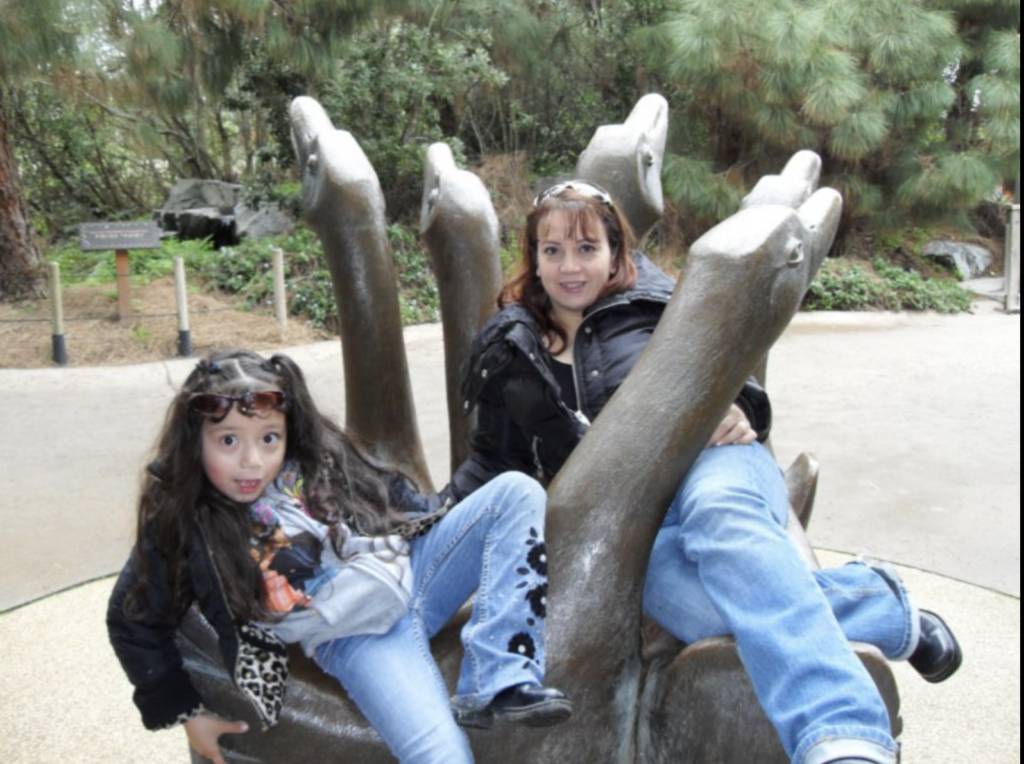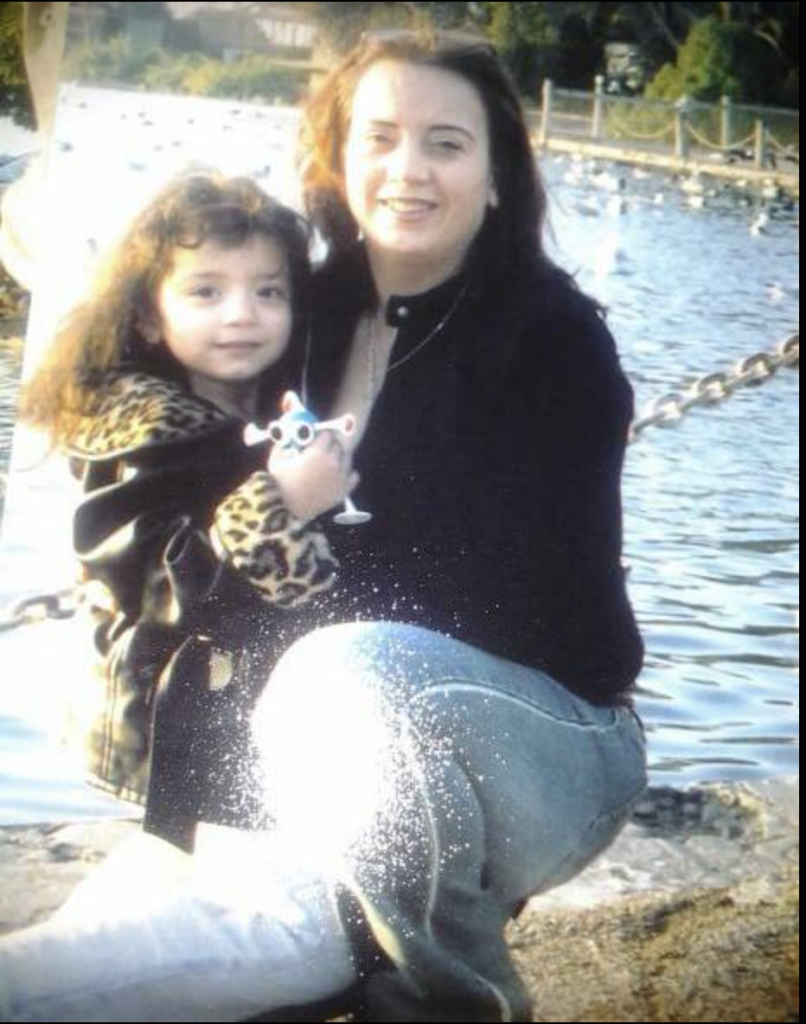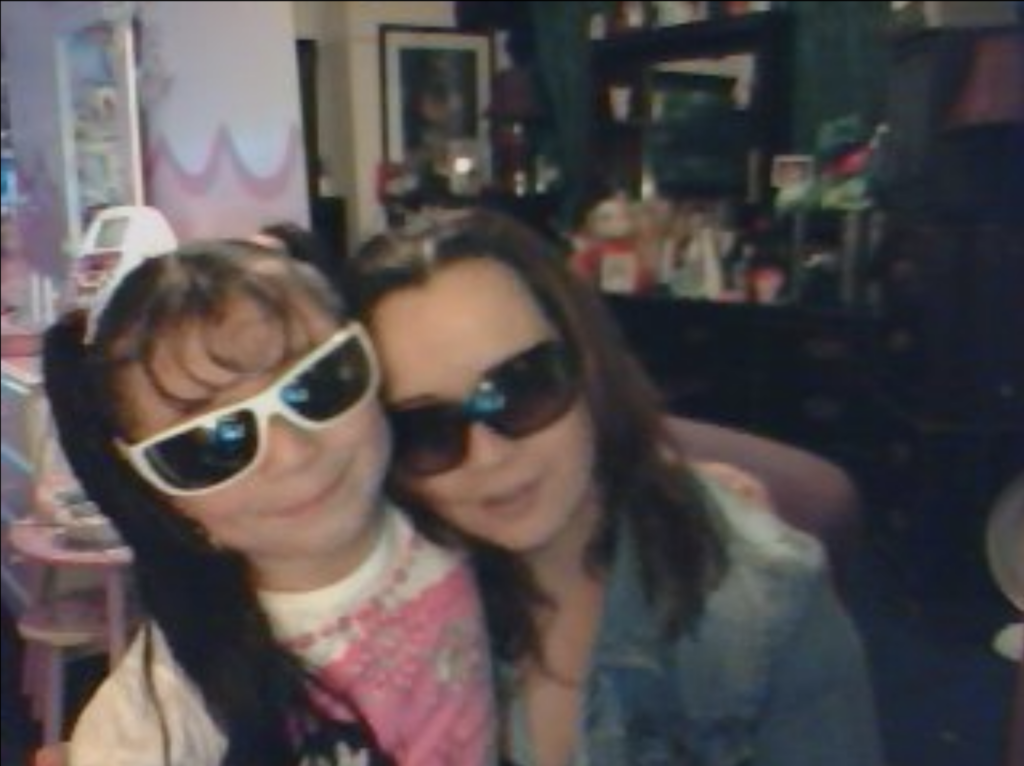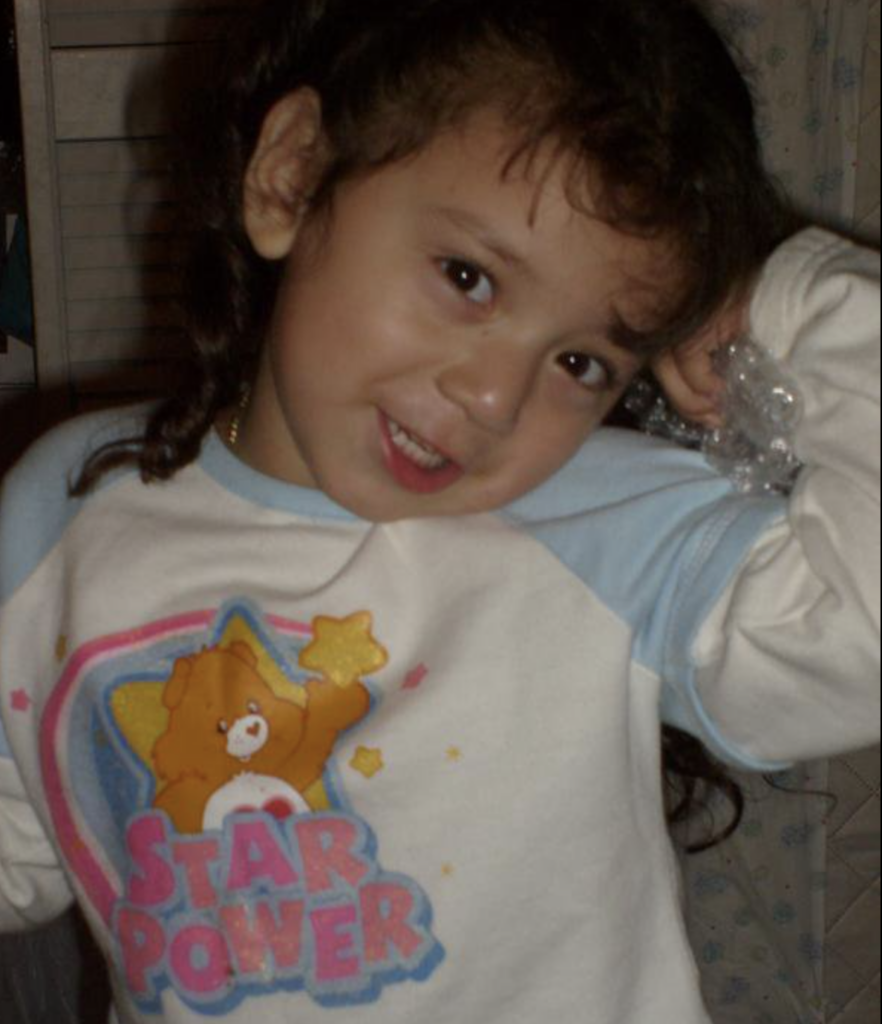“Dude, my weekend was insane! I went to this pool party at my friend’s mansion. You should’ve seen her room—it was as big as your entire house!”
The words stung. Throughout my childhood, I often wondered why my mom made us eat recalentados for days, insisted on thrifting my birthday dress, or bought off-brand cereal. “Es lo mismo,” she’d say. For a long time, I thought she just didn’t appreciate the allure of malls or the taste of Cinnamon Toast Crunch. I came to realize she was walking a tight line, balancing each expense trying to stretch a $15/hr wage to cover our Silicon Valley rent. As our neighborhood changed, it became dominated by tech giants like Google and Facebook. With them came an influx of new workers, often pushing aside the families who had lived there for generations. The issue wasn’t just local—it was systemic. A system that prioritized profits over people, viewing land as just another commodity, a piece of real estate. That meant that many, like us, were forced to pack not only our bags, but our memories, leaving behind familiar streets and faces. In this upheaval, countless families found themselves slipping into the shadows of poverty.





Every Halloween, my mom suggested we roam the streets of Atherton to trick-or-treat. “That’s where the big chocolate bars are,” she’d say. And come December, we’d drive to San Carlos Tree Lane, a dazzling stretch of homes adorned with Christmas lights, where imaginations brought floating deer and Santa to life. As we passed each opulent house, my mom would whisper, “Un día, esto será nuestro.” “Pronto,” she’d promise. But pronto turned into years, then decades. Our lives were defined by deferred dreams in a land where the American Dream is elusive. This sentiment was shared by many in my community. With six-day work weeks, no retirement plans or 401ks, parents hold onto hope that their children might one day become doctors or engineers, ultimately fulfilling the dreams that capitalism promises yet so often denies, especially to those who are undocumented.
Eventually, my family and I moved to the Central Valley to leave the financial strain. This new home does not feel like home. It means no more short visits to mi tio Jorge’s, walks to the baylands, and having to adjust to a place where no one knows our names. Life became quieter and distant. So what if that friend’s room was as big as the garage we called home? I found joy and comfort there. I had a slice of shared space, a spot adorned with Disney princesses and the color pink that reflected who I am and that kept me warm at night. Our space echoed with laughter and love, and the milestone of my growing years.
Although it was different, moving away was our escape. It freed us from the relentless reminders of what we couldn’t have. Living on the sidelines, watching the wealth around us but never being able to step into that life was tough. I often wished that our community offered resources to those grappling with the heavy burden of rent, as the economic divide is deeply felt. Closing that chapter gave us a complicated sense of relief–a relief that was sadly born out of displacement.
Each night as I sleep in our new Patterson home, I would silently thank mami. The gratitude wasn’t just for the roof over our heads and food on the table, but for teaching me the true value of things: remain resilient, have each other’s back, and never lose faith. Her sacrifice is deep and unseen. She paints our lives with colors more vivid and real than any Silicon Valley dream could ever offer.
